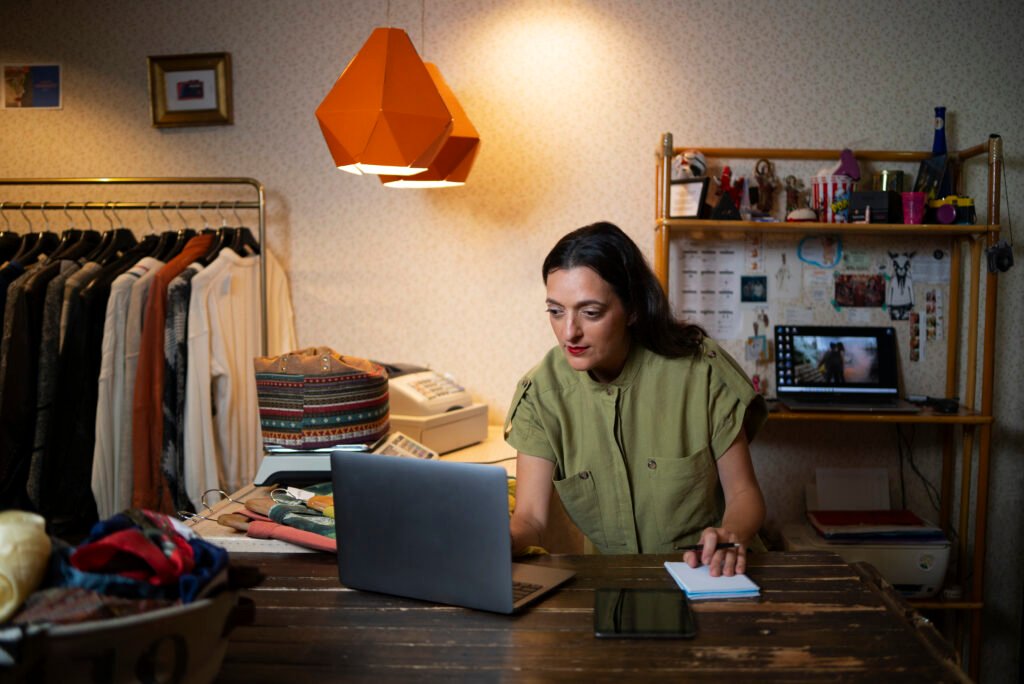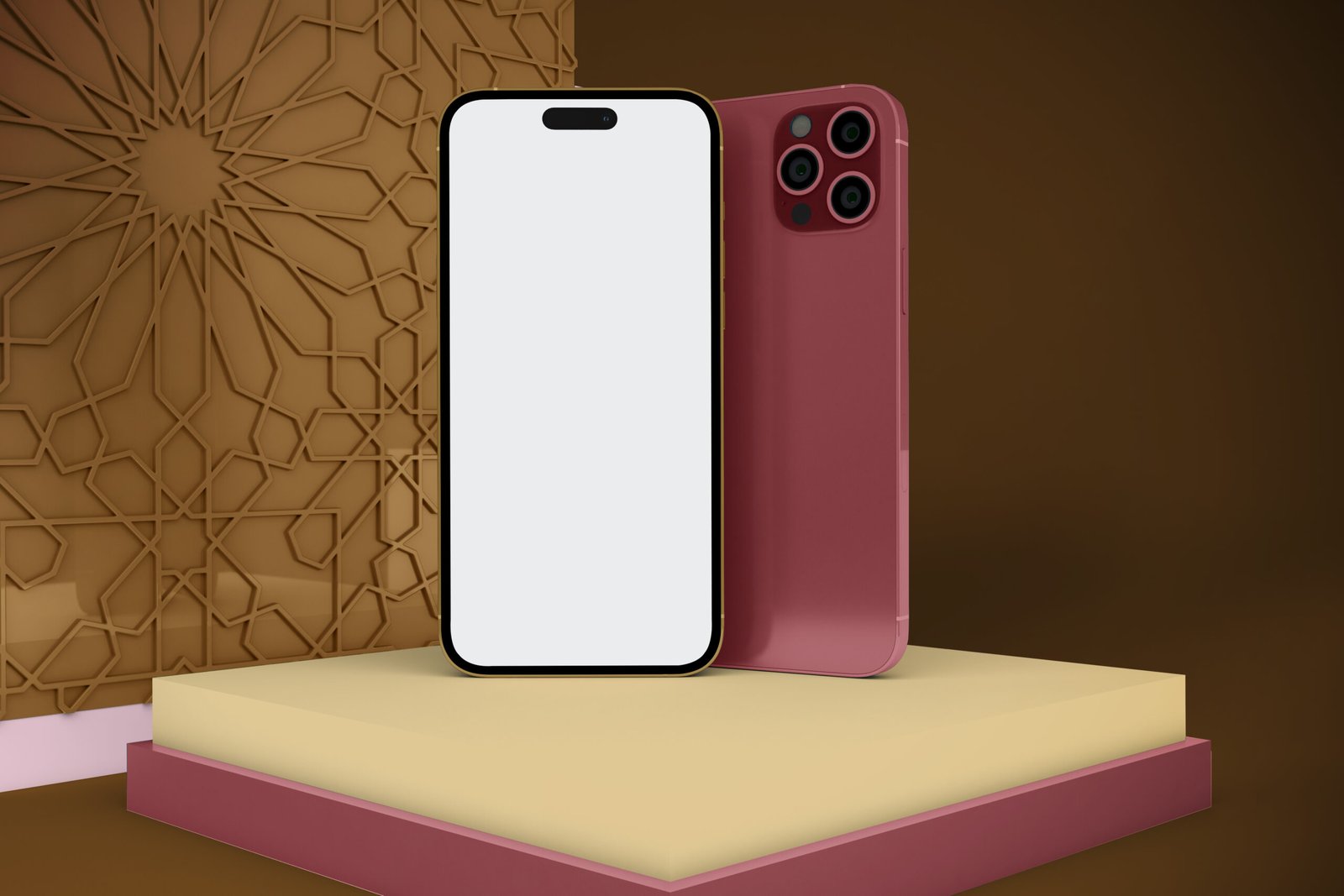Best E-Commerce Businesses to Start in 2025–26
Recent Post
Get A Free Quote

The e-commerce sector is not just booming, it’s also evolving. An increasing number of people are shopping online, and new technologies are constantly emerging, changing the way people do their shopping. So, 2025-26 is a great time to start an online business. However, in this highly competitive space, success is not guaranteed by simply having a website or products to sell. The key is to find a niche, understand your customers’ needs, and serve them better than anyone else.
If you are planning to start an e-commerce business, here are some of the most lucrative ideas that you should consider in the next 12 months.
- Sustainable Products and Eco-friendly Brands 🌱
Environmentally-friendly products and eco-conscious brands are no longer a niche market, with more and more consumers, especially millennials and Gen Z, actively looking for products and companies that care about the environment. This can include anything from reusable household goods and biodegradable packaging to plastic-free and zero-waste products, even second-hand online marketplaces are gaining popularity.
Example Products: Bamboo toothbrushes, eco-friendly cleaning products, reusable kitchenware, zero-waste starter kits, beeswax wraps, biodegradable phone cases.
Pro tip: Make your eco-friendly values front and centre — your company’s mission can be the best marketing point.
- Health & Wellness Essentials 🧘♀️
More people are caring about their health than ever before, not just in the physical sense, but also mental and emotional health. As a result, products that contribute to a healthier lifestyle, like nutritional supplements, herbal teas, sleep aids, home fitness equipment and more, are seeing an increasing demand.
What’s Trending: Adaptogenic beverages, wellness personal apps, yoga gear, nootropics, and wearable technology for health tracking.
- Pet Products and Services 🐶🐾
People love their pets, but many no longer see them as just animals, but as part of their family. As such, the pet industry, in particular, pet e-commerce, is booming. It can be anything from healthy pet food and treats, grooming supplies, toys to tech gadgets for pets. The market is big, and the audience is very much ready to spend on their furry or feathered loved ones.
Unique Angle: Subscription boxes filled with toys or treats for pets, or even personalised pet ID tags and accessories.
- Clothing and Fashion 🧥
Although fashion is always in, people’s shopping habits have evolved. Consumers today seek out distinctive and customised clothing, such as that is size inclusive, ethically produced, or culturally inspired. With an effective narrative, small, niche fashion firms can develop a devoted following.
Hot Niches: Streetwear, plus-size clothing, modest fashion, ethnic regional designs, and AI-powered custom fittings.
Bonus: AI-powered sizing charts and virtual try-on tools can boost customer confidence and lower returns.
- AI Tools and Digital Downloads 💻
One of the most lucrative e-commerce models is the sale of digital goods since it has no inventory, no delivery, and great scalability. The need for ready-to-use tools, templates, and automations is skyrocketing as AI becomes more widely used.
Top Ideas: Notion templates, AI tools for small businesses, digital planners, resume formats, chatbot scripts, and online courses.
- Clean Beauty and Skincare 💄
The beauty sector is undergoing significant change. Clean, cruelty-free, and customized skincare products are becoming more and more popular. Even modest firms can use social media to reach fans directly and create sizable communities.
Men’s skincare, DIY skincare kits, organic serums, and cosmetics like LED masks and face massagers are all hot right now.
- Remote Work and Smart Home Devices 🏠💼
The era of remote work is here to stay and has spawned a whole new product category. Among the products that remote workers are purchasing are noise-canceling gadgets, desk organizers, ergonomic chairs, and smart lighting.
Bundle products into “Work-from-Home Starter Kits” and market them to independent contractors or digital nomads.
- Services Based on Subscriptions 📦
Customers return month after month thanks to subscriptions. Almost anything can be turned into a subscription, from books and grooming products to coffee and snacks.
New prospects include D2C foods, monthly self-care kits, customized book clubs, and regional gourmet boxes.
- Pre-owned and Thrift Stores 🛍️
Companies in the circular economy are growing. People are more willing to purchase used goods, particularly if they are branded or well-curated. There are booming resale marketplaces for toys, electronics, fashion, and even literature.
Original Concept: Open a specialised secondhand store selling rare footwear, designer clothing, or old electronics.
- Custom Products and Personalised Gifts 🎁
Customisation generates sales. Customers adore presents that seem like they were produced especially for them, whether it’s personalised accessories, name-engraved jewellery, or personalised photo presents.
Examples: Custom journals, monogrammed items, star maps, pet portraits, or couple-themed gifts.
Starting an e-commerce business in 2025–26 is about more than just selling products — it’s about building a brand that speaks to people. Choose a niche that aligns with your interests, solves real problems, and focuses on customer experience.
The tools are better, the platforms are smarter, and the market is ready. If you’ve been waiting for the “right time,” this is it.



